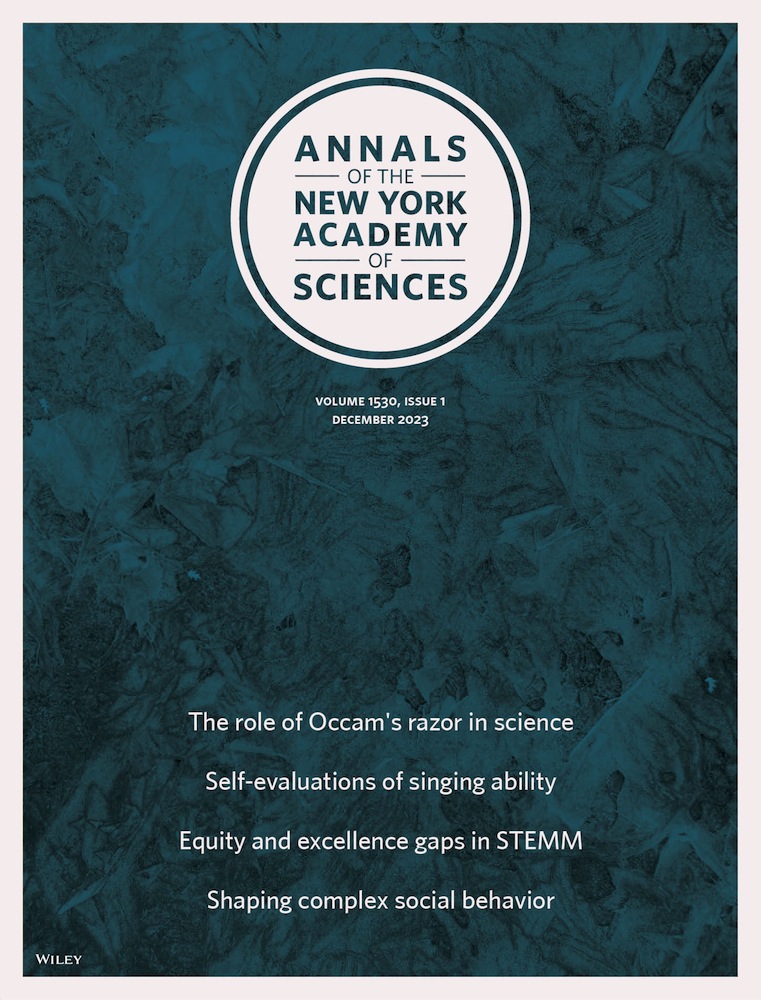Morally offensive scientific findings activate cognitive chicanery.
IF 4.8
3区 综合性期刊
Q1 MULTIDISCIPLINARY SCIENCES
引用次数: 0
Abstract
We document a mutually reinforcing set of belief-system defenses-cognitive chicanery-that transform "morally wrong" scientific claims into "empirically wrong" claims. Five experiments (four preregistered, N = 7040) show that when participants read identical abstracts that varied only in the sociomoral desirability of the conclusions, morally offended participants were likelier to (1) dismiss the writing as incomprehensible (motivated confusion); (2) deny the empirical status of the research question (motivated postmodernism); (3) endorse claims inspired by Schopenhauer's stratagems (The Art of Being Right) and the Central Intelligence Agency's (CIA's) strategies for citizen-saboteurs; and (4) endorse a set of contradictory complaints, including that sample sizes are too small and that anecdotes are more informative than data, that the researchers are both unintelligent and crafty manipulators, and that the findings are both preposterous and old news. These patterns are consistent with motivated cognition, in which individuals seize on easy strategies for neutralizing disturbing knowledge claims, minimizing the need to update beliefs. All strategies were activated at once, in a sort of belief-system "overkill" that ensures avoidance of unfortunate epistemic discoveries. Future research should expand on this set of strategies and explore how their deployment may undermine the pursuit of knowledge.违背道德的科学发现激发了认知欺诈。
我们记录了一套相互强化的信念系统防御——认知欺诈——将“道德错误”的科学主张转变为“经验错误”的主张。五项实验(四项预登记,N = 7040)表明,当参与者阅读相同的摘要时,只有结论的社会道德可取性不同,道德冒犯的参与者更有可能(1)将写作视为不可理解(动机混淆);(2)否定研究问题的实证地位(动机性后现代主义);(3)支持叔本华的策略(《正确的艺术》)和中央情报局(CIA)针对公民破坏者的策略所启发的主张;(4)支持一系列相互矛盾的抱怨,包括样本量太小,轶事比数据更能提供信息,研究人员既不聪明又狡猾的操纵者,研究结果既荒谬又过时。这些模式与动机认知是一致的,在动机认知中,个体抓住简单的策略来中和令人不安的知识主张,最大限度地减少更新信念的需要。所有的策略都被立即激活,以一种“过度杀伤”的信念系统,确保避免不幸的认知发现。未来的研究应该扩展这一套策略,并探索它们的部署如何破坏对知识的追求。
本文章由计算机程序翻译,如有差异,请以英文原文为准。
求助全文
约1分钟内获得全文
求助全文
来源期刊

Annals of the New York Academy of Sciences
综合性期刊-综合性期刊
CiteScore
11.00
自引率
1.90%
发文量
193
审稿时长
2-4 weeks
期刊介绍:
Published on behalf of the New York Academy of Sciences, Annals of the New York Academy of Sciences provides multidisciplinary perspectives on research of current scientific interest with far-reaching implications for the wider scientific community and society at large. Each special issue assembles the best thinking of key contributors to a field of investigation at a time when emerging developments offer the promise of new insight. Individually themed, Annals special issues stimulate new ways to think about science by providing a neutral forum for discourse—within and across many institutions and fields.
 求助内容:
求助内容: 应助结果提醒方式:
应助结果提醒方式:


